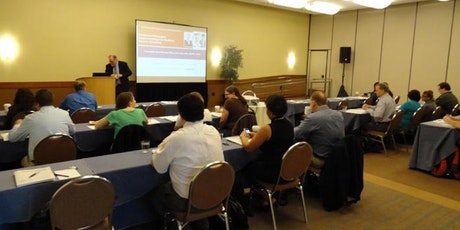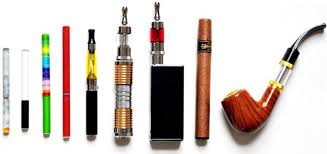Understanding the FDA’s Latest Regulations for Computer Systems Used in the Tobacco and Related Industries
 Tobacco,
an age-old addiction, dishes out some chilling, unpleasant facts.
Tobacco is the US’ leading cause of preventable deaths. Between four and
five percent of the entire American population -some 16 million people
-live with diseases associated with smoking. Cigarette smoking consumes
close to half a million American lives every year, about an eleventh of
whom never smoked, meaning that they are second hand smokers who
contract diseases just by being in close physical proximity of smokers.
The harmful effects of smoking are such that at this current rate of
smoking; seven percent of all Americans who are alive today will die a
premature death. The average lifespan of a smoker is a good decade
shorter than that of a nonsmoker.
Tobacco,
an age-old addiction, dishes out some chilling, unpleasant facts.
Tobacco is the US’ leading cause of preventable deaths. Between four and
five percent of the entire American population -some 16 million people
-live with diseases associated with smoking. Cigarette smoking consumes
close to half a million American lives every year, about an eleventh of
whom never smoked, meaning that they are second hand smokers who
contract diseases just by being in close physical proximity of smokers.
The harmful effects of smoking are such that at this current rate of
smoking; seven percent of all Americans who are alive today will die a
premature death. The average lifespan of a smoker is a good decade
shorter than that of a nonsmoker.The FDA intervenes strongly

Given the gravity of this situation; the FDA formulated a landmark law in August 2016, which vastly improved and expanded its powers to regulate smoking. It builds on an earlier ruling, The Family Smoking Prevention and Tobacco Control Act of 2009. The law of 2016 arms the FDA with greater powers to enforce laws on smoking, one of the highlights of which is restricting the sale of tobacco products to minors all over the country, since this population is very vulnerable to exposure to smoking. The FDA now requires proof of age of the buyer of cigarettes, banning the sale of tobacco products through public vending machines, and prohibiting the distribution of free samples to minors.
Other highpoints of this amended legislation include requiring manufacturers of smokeless tobacco products to enter clearer warning signs on the products, requiring them to disclose the contents; strengthens local and state authority in enforcing these laws, and requires manufacturers to provide scientific proof of claims of moderate risk from these tobacco products.
The amended rule aims at hitting producers of tobacco products hard and brings a wide variety of activities under its regulatory net:
- Mixing e-liquids
- Manufacturing or modify any type of vaping device
- Mixing loose tobacco and making it available to smoke in a pipe
- Rolling or blending tobacco for cigars
- Manufacturing loose tobacco that enables consumers to roll their own cigarettes
- Importing of tobacco products
- Manufacturing of any tobacco product
Learning about all aspects of this regulation

A two-day seminar from GlobalCompliancePanel, a leading provider of professional trainings for all the areas of regulatory compliance, will offer a complete explanation of this law. Carolyn Troiano, IT Program Manager and FDA Compliance Consultant, Smart Resources, Inc., who has more than 35 years of experience in the tobacco, pharmaceutical, medical device and other FDA-regulated industries, will be the Director of this seminar. This seminar has been pre-approved by RAPS as eligible for up to 12 credits towards a participant’s RAC recertification upon full completion.
This seminar will describe the best practices for developing a compliance strategy, including roles and responsibilities, and the policies and procedures that should be followed to ensure compliance.

She will cover the following areas at this seminar:
- FDA Tobacco Control Act
- Extension of FDA oversight to Vapor, e-Cigarette, Cigar and other industries
- Details of the August 8, 2016 FDA “Deeming” Regulation
- Pre-Marketing Tobacco Application (PMTA) Submission
- FDA Oversight and Compliance Strategy
- Computer System Validation (CSV) and the System Development Life Cycle Methodology (SDLC)
- Cost vs. Compliance
- Policies and Procedures
- Leveraging Vendors
- Industry Best Practices
- FDA Trends.

0 Comments:
Post a Comment
Subscribe to Post Comments [Atom]
<< Home